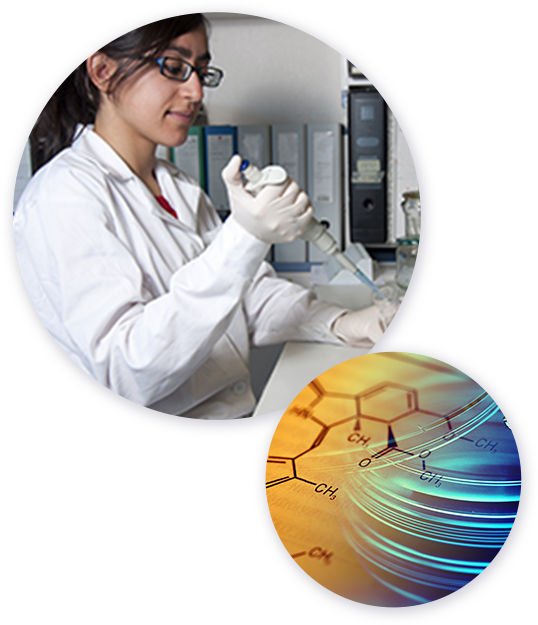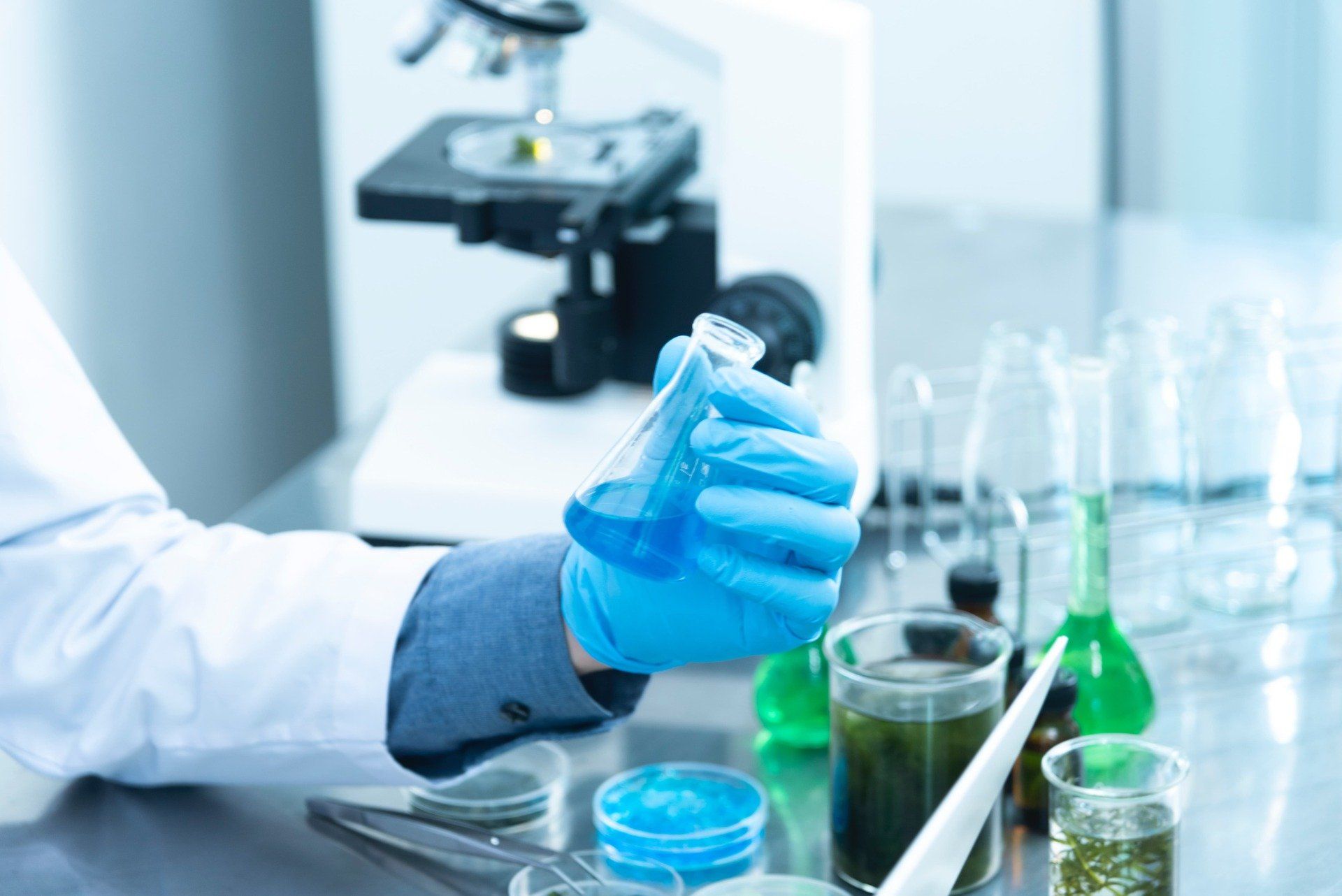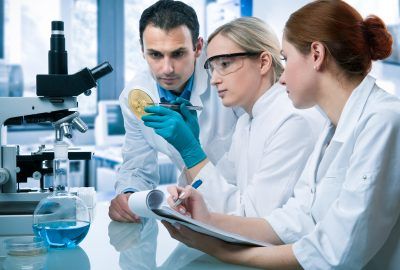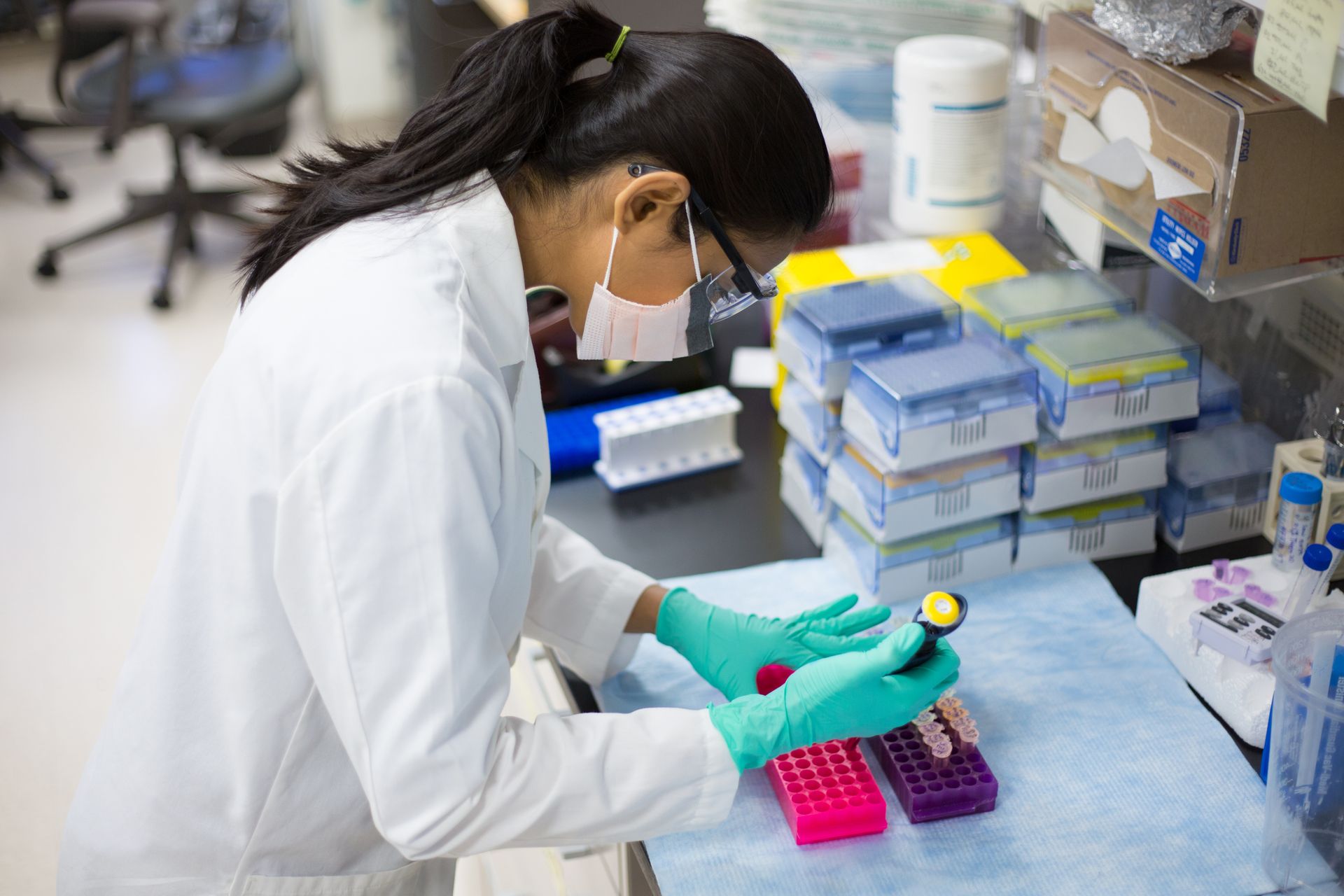What Does A Biomedical Scientist Do?
What Does A Biomedical Scientist Do?

A career in biomedical engineering is fun, exciting, and vital to the overall health and well-being of people throughout the country and even the world. This career field is laser-focused on advancing knowledge, techniques, and equipment used in the healthcare field to find cures and treatments for diseases as well as better ways to diagnose people with diseases and injuries. Biomedical science combines the science of engineering with the field of medicine to be able to improve the overall health, function, and well-being of people. It is a very important and growing field, but what exactly does a biomedical scientist do? Read on to learn more about the duties of a biomedical scientist or engineer.
A Career In Biomedical Science
If you make the decision to obtain the education you need to become a biomedical scientist, you will be responsible for applying the science of engineering to the science of medicine. You will be able to work in a laboratory or office to create medical and technological advances in a variety of healthcare areas that will assist medical professionals in diagnosing their patients sooner and then offering better forms of treatment to help them.
The role of a biomedical scientist in the medical field is extremely important since biomedical scientists are tasked with advancing the knowledge we have of the human body and how it works. This helps biomedical scientists in creating new treatments and diagnostic tools to help save the lives of people all over the world.
Skills Biomedical Scientists Need To Possess
There are many key skills that biomedical scientists should possess when entering this exciting and growing career field.
First of all, it is imperative that biomedical scientists use clear and effective verbal as well as written communication skills. This is because they will be using their problem-solving and very sound research skills to create diagnostic tools and treatments for a variety of diseases and must be able to explain those to other healthcare professionals. Biomedical scientists are responsible for collaborating with other healthcare professionals, such as nurses and doctors, to implement these new diagnostic tools and treatments for diseases and injuries that they will need to apply in the real world.
Biomedical scientists must be very good at analyzing a variety of substances and laboratories and pay very close attention to detail. Since they collaborate with others, they need to be able to work well as part of a team. Biomedical scientists are a necessary part of the healthcare field to advance our understanding of diseases and to be able to develop new treatments that can not only improve the lives of patients but even save some lives in the long run.
What Biomedical Scientists Do
You've already learned that biomedical scientists are responsible for conducting research focused on improving people's overall health. They are responsible for conducting research that can be used to create new diagnostic tools and treatments for a variety of diseases, illnesses, and injuries.
Biomedical scientists are responsible for a variety of duties, and some are listed below.
Biomedical scientists are tasked with designing, creating, and then conducting studies to be able to investigate a variety of human diseases and injuries and create methods to prevent and treat those injuries and diseases.
Biomedical scientists also spend time preparing and analyzing a variety of data from medical samples taken from people in the healthcare field. They use these samples to investigate the causes and treatments of chronic diseases, toxicity, and pathogens.
Biomedical scientists are also responsible for standardizing the potency of medication doses in implementing the methods that each should be administered to allow for them to be mass manufactured, produced, and distributed.
Creating and testing a variety of medical devices is also on the list of things to do for biomedical scientists. They must also follow strict safety procedures and ensure that their workspaces are not contaminated. It is also imperative for biomedical scientists to have excellent research and written and verbal communication skills since they must be able to conduct research and then explain their findings to others in the medical profession, including doctors, nurses, and pharmacists.
Many biomedical scientists are also responsible for writing research grant proposals to be able to apply for a variety of different funding sources, from governmental agencies, private funding, and many other resources. Biomedical scientists must have great writing skills for this purpose and for communicating with others and writing articles that will be published in a variety of research-type medical magazines and other papers so that others can learn about their research findings.
A biomedical scientist's duties are extremely important as part of this exciting, interesting, rewarding, and important career field.
Contact Fladger Associates Today!
Many people are interested in the field of biomedical science and want to begin working in this very important and exciting career. To achieve this, you must be prepared with the proper education and skills to enter the biomedical science field. Once you are ready to enter the workforce in the field of biomedical science, you can utilize the services that Fladger Associates offer. The highly skilled and trained employment professionals at Fladger Associates are prepared to assist you with all of your employment needs. They will work diligently to assist you in obtaining the type of employment you want quickly and efficiently. Call today to enlist the assistance of an employment specialist at Fladger Associates and be on your way to an exciting and lucrative career in the field of biomedical science.









